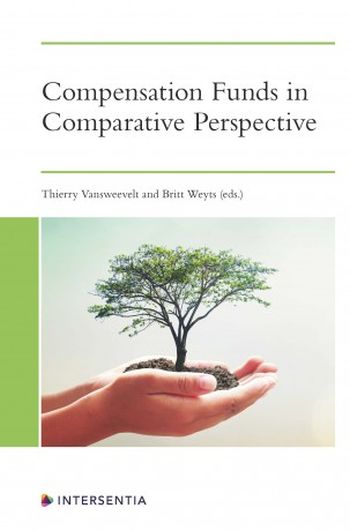
Compensation funds are used in vastly different ways across jurisdictions and legal traditions. They are an alternative to traditional tort, insurance and social security structures, and change or eliminate ordinary liability rules for certain classes of victims. Compensation funds have been established to solve liability problems in the domains of traffic accidents, financial deposits, crime victim redress, industrial and environmental damage, natural disasters and healthcare damage. They are popular with lawmakers, but their undefined nature (and sometimes incoherent status) raises important legal questions that have not yet been fully answered.
The way that compensation funds have developed in different jurisdictions has not always been consistent with the rest of the legal system within that jurisdiction. The contributions in this book consider the way in which these funds have been used in Belgium, France, Germany, the Netherlands, New Zealand, Spain, and the United Kingdom. Focusing on their functions, purpose, funding and quantum of compensation, new conclusions are drawn on the objectives of compensation funds and how they differ from insurance and social security.
Compensation Funds in Comparative Perspective is useful for all comparative law, liability law and insurance law scholars and practitioners seeking to understand contemporary issues in the operation of compensation funds and introduces novel ideas for future development.
Thierry Vansweevelt is a professor and former Dean of the Faculty of Law, University of Antwerp. He works in the fields of liability law, insurance and health law and for this has been awarded the Fernand Collin Prize and the Antwerp University Research Council Prize. He is an advocate at the specialist healthcare law practice Dewallens & partners and has been appointed as member of the Royal Academy for Medicine of Belgium and as member of the board of governors of the World Association of Medical Law.
Britt Weyts is a professor of law at the University of Antwerp. Her work focuses on the law of obligations and insurance law and has won the Fernand Collin Prize. She is the spokesperson of the research group on Personal Rights and Property Rights also works as an advocate at Verbist & Vanlerberghe Omega Law.